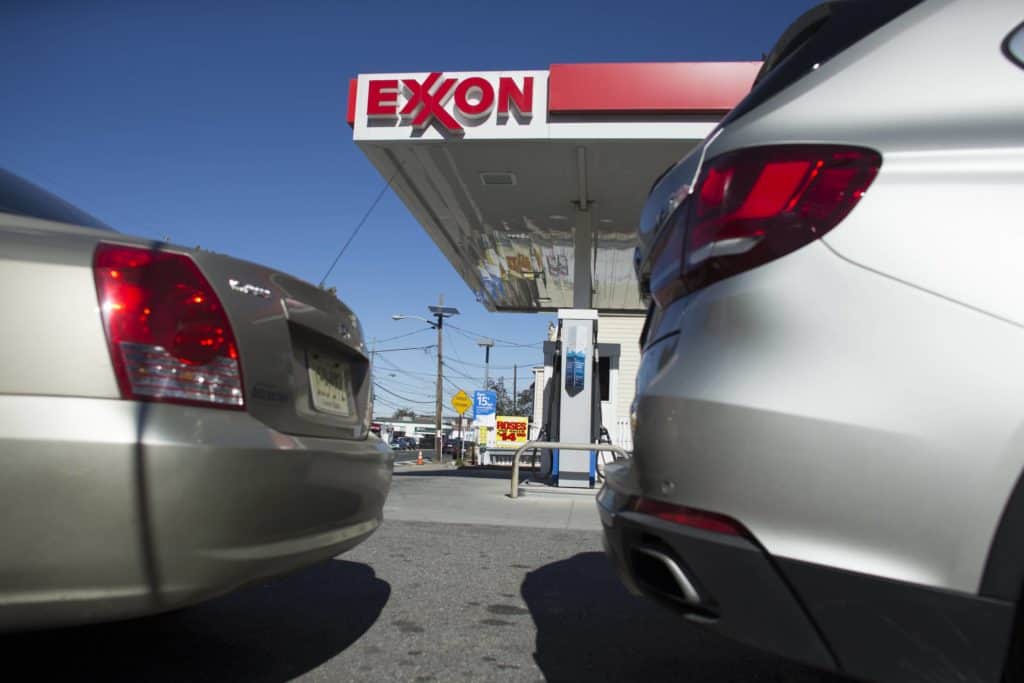
Big oil companies are looking at charging stations for electric vehicles (EVs), according to a new report from the Atlantic Council think tank.
Such international oil companies as Shell and ExxonMobil are investigating a move into providing places where EV owners can plug in and juice up. The development “appears to be part of a hedging strategy to capture an emerging, albeit perceived to be marginal, market segment,” the report read.
One reason gasoline-powered vehicles proliferated was the growth of fueling stations. If cars ran low on fuel, drivers could tank up. A 15-gallon tank in a car that gets 25 miles-per-gallon can go 375 miles before running out of gas.
It’s the rare EV that has that sort of driving range, according to a U.S.News & World Report roundup. A Tesla Model S 100D can go 335 miles. A Chevy Bolt from General Motors boasts 238 miles, while a Ford Focus clocks in at 115 miles. Many EVs on the market have ranges far below 100 miles. That may be fine for most local driving, but longer trips are more demanding. So is that moment when drivers see the gauge drop to zero and realize that they failed to plug the car in last night.
The transition to EVs is clear. Volkswagen, for example, plans to phase outinternal combustion engines. And someone needs to keep the EVs on the road—and moving. Given the profit oil companies make from gasoline, they’ll need to make up that revenue somehow.
ExxonMobil’s interest is particularly telling, as the company has been particularly bearish on the spread of EVs.
